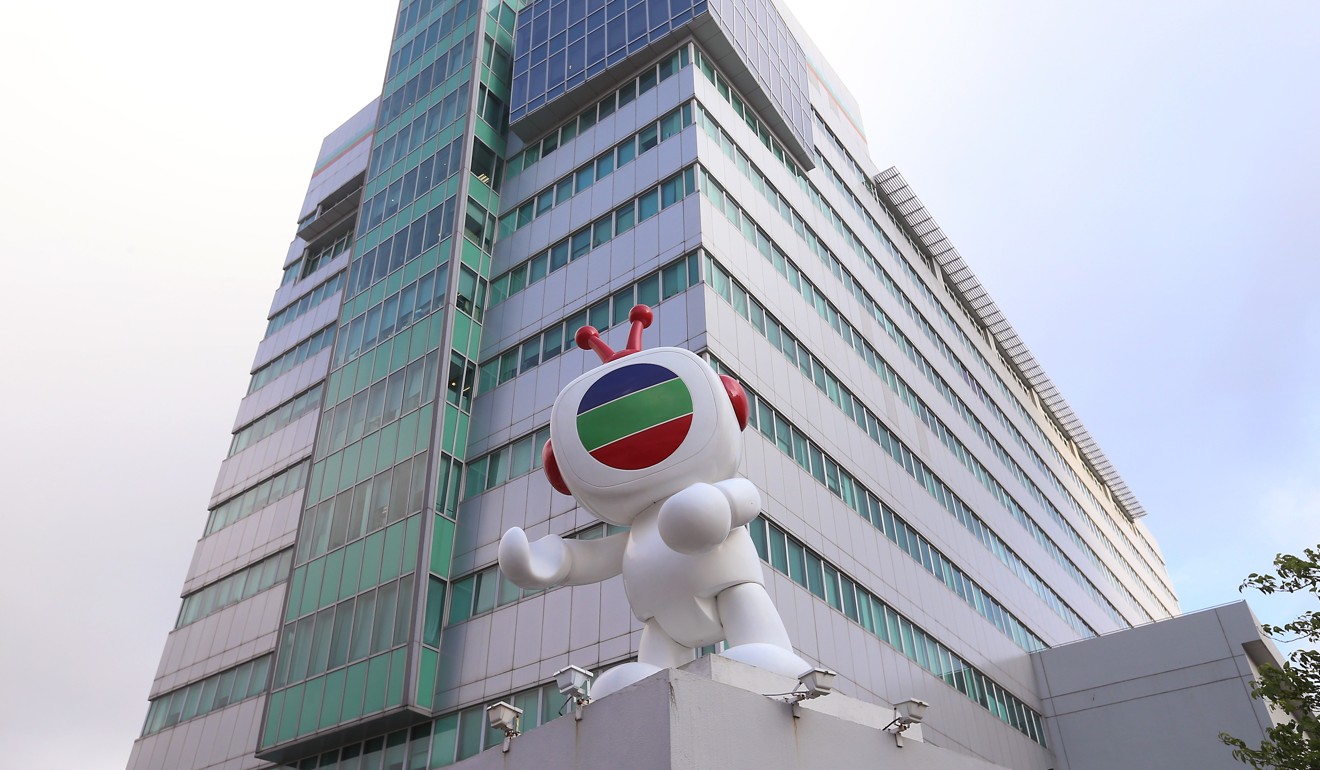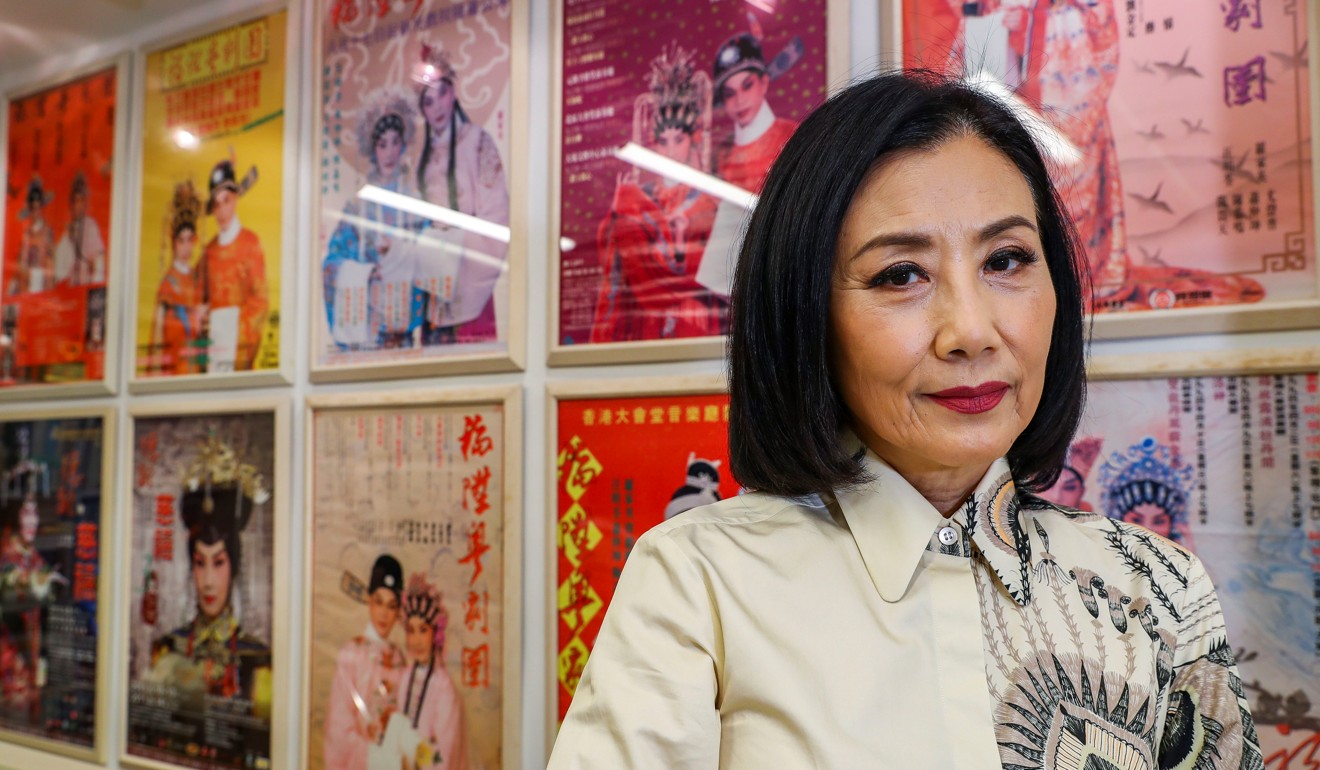
Beijing to lift curbs on Hong Kong actors working on television shows after plan to ease restrictions on film industry was announced earlier
- Jackie Chan-led delegation to capital was told TV sector and online productions would be put on par with the movie industry
- Mainland TV dramas currently cannot have more than five people from Hong Kong and Macau in the main crew
Beijing will lift restrictions on Hong Kong actors taking part in mainland Chinese TV productions, following an announcement earlier this week that it will relax curbs on the city’s film industry, according to a local delegation.
The 25-member group, which wrapped up a three-day visit to the capital on Thursday, was led by superstar Jackie Chan, with members including actors Eric Tsang Chi-wai and Wong Cho-lam as well as Wilfred Wong Ying-wai, chairman of the Hong Kong Arts Development Council.
“We were told the TV sector and online productions will be put on a par with the movie industry,” Tsang said on Thursday. “That will greatly boost employment opportunities and attract young people to join the industry.”

Tsang spoke after the delegation visited the State Administration of Radio, Film and Television, Ministry of Culture and Tourism, Communist Party’s Publicity Department and the Hong Kong and Macau Affairs Office.
Federation of Hong Kong Filmmakers executive committee chairman Tenky Tin Kai-man, a member of the delegation, said the easing of restrictions would be significant.
“Restrictions on TV productions are stricter than those on the movie sector,” said Tin, a veteran producer and actor. “If we, the filmmakers, are happy about the lifting, the TV industry will be overjoyed.”
Project Gutenberg the big winner at Hong Kong’s Oscars
He added that implementation details and the timetable had yet to be confirmed.
Under existing policies, at least a third of leading roles in films co-produced by Hong Kong and mainland companies must go to performers from across the border. Also, a mainland TV drama cannot have more than five people from Hong Kong and Macau in the main crew – in positions such as directors, main actors, screenwriters and cameramen.
The restrictions had also applied to Taiwan until the authorities lifted them in February last year.
Hong Kong’s dominant free-to-air station Television Broadcasts also welcomed the changes.
“We believe this will be beneficial, not only to TVB but also our counterparts, in exploring another market on the mainland,” a spokesman said.

Welcoming Beijing’s move on cast proportions, television star Liza Wang Ming-chun, who was not in the delegation, said fellow actors and the audience would be able to get a taste of mainland talent.
“Sometimes when actors collaborate with different people, they will give off other vibes and the audience will be able to enjoy the bond they have,” Wang said.
Professor Anthony Fung Ying-him, director of Chinese University’s school of journalism and communication, said the changes were good news for an industry that strived for creativity, as content creators would enjoy greater flexibility for plots with more actors available.
TV development locally has stalled in recent years. The government rejected HKTV’s application for a free-to-air licence in 2013, only granting one to i-Cable’s Fantastic TV and PCCW’s HK Television Entertainment Company. HKTV had focused on producing TV dramas while the other two put their emphasis on reality shows and importing foreign dramas.

The rejection of HKTV’s application sparked a public outcry that year, with many questioning whether the decision was politically driven. More than 300 staff were also laid off.
Meanwhile, the delegation also expressed hopes that the authorities would speed up approval procedures for films, especially for movie distribution in the Greater Bay Area, a national blueprint to integrate Hong Kong, Macau and nine neighbouring cities in Guangdong province into an economic powerhouse.
“We raised concerns on the tax law as well, and the authorities had agreed to send experts to Hong Kong for a detailed explanation,” Tsang said.
China’s highest-paid actress Fan Bingbing was ordered to cough up nearly 884 million yuan (US$129 million) in fines and back taxes last year, sparking concerns among the whole industry.


